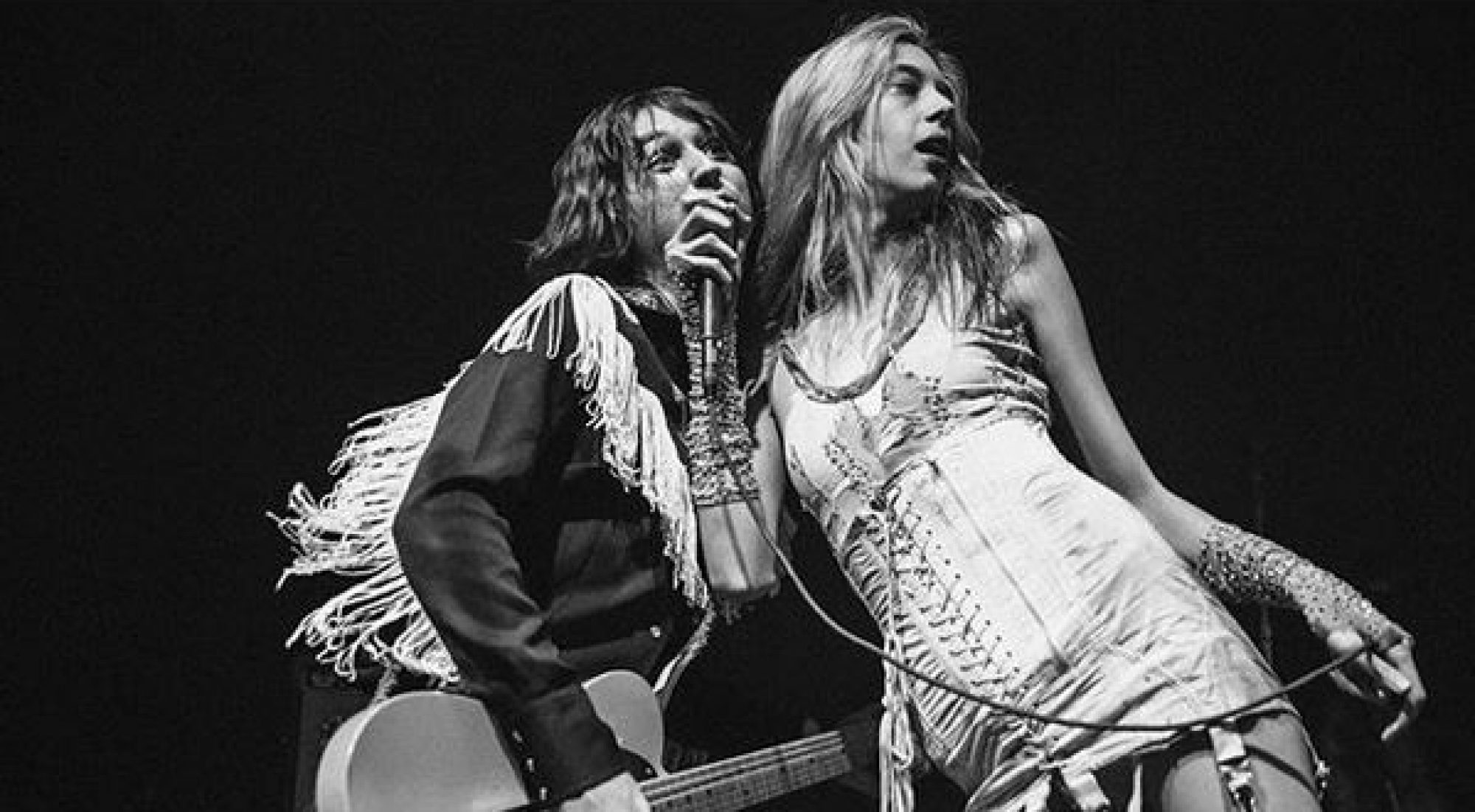A friend pointed out to me the other day that for many people he knows, friends and acquaintances, co-workers, neighbors, Jack Osborne, etc., there has been a lot of drama, turmoil, tragedy, personal loss and emotionally shattering situations people have had to face this summer. We of course thought it was just us who have faced trying or troubled times of misfortune and duress when in fact it has been many for whom the old Bananarama song “Cruel Summer” has held special meaning this year. That song has always cracked me up, and for some reason I’ve always loved it, in spite of the fact that it’s basically mindless studio-pop drivel that I would generally dispose of with my nose turned up. It somehow achieves a certain powerful quality, it’s metered tropical beat and sweeping and sweetened vocal harmonies manage to slip into my consciousness sideways and become appealing to me, uplifting my mood as if I could stand songs without guitars or desperate soul-baring vocal performances. I’ve known other strict rock and roll fans who’ve also admitted a weakness for this cut. And it has been a cruel summer.
This conversation continued, about the bleakness, sadness and tragedy of this sunniest of seasons and how we both find ourselves turning to music for the strength to face things like insurmountable sadness or intense anger or the color-me-jaded fog obscuring all images of optimism or a future that is bright. You can’t just slap a few tunes on and suddenly life is rosy, rent just seems to pay itself, a devoted partner loves you unconditionally and you will grow old in comfort with your dignity intact. It’s not like that. Music is more like a point of association. If you are feeling sad and down you might choose to listen to an artist whose songs are melancholy, sensitive and indicative of situations and emotions you can relate to or match your current state and you can wallow in your utter and complete misery knowing that you are not alone. This can help a great deal, and artists that fit this bill are The Smiths, Leonard Cohen, Jeff Buckley, the Cure, Joy Division, Portishead, earlier P.J. Harvey, etc. I’m sure there are a host of more contemporary bands that seem to serve a similar purpose with sad slow sounds and lyrical sensitivity like Dashboard Confessional and Black Heart Procession and Low, and a fair amount of gay men are drawn to female vocalists whose lives have been notoriously filled with hardships and pain or struggles like Nina Simone, Billie Holliday, or Marianne Faithful when they are down and want to hear the results of infamous or historical anguish. I’ve recently found a few bands that really work for me on this level. One is a Texas band called Knife In The Water who really have a gift for creating very realistic and foreboding and bleak pictures of people wasting their trust on others, finding no solace in drug abuse, watching themselves become people they don’t want to be and being powerless to stop it in the brilliant song “Party For The People of the Open Wound.” Their sound is perfectly mournful country and western meets the velvet underground and the lyrics are simple and brutal, like “on the last of the pills from the courtesy tray / we found the speed wasn’t fast enough to wash the blues away.” On another song “Young Blood In The Water” they tell the story of a transvestite prostitute found dead and mutilated in a river and capture the despair of the disenfranchised who spark such fear and hatred in others by being different. Along these same lines, another group that does the sadness bit so brilliantly are The Mountain Goats, specifically their latest record, Tallahassee, a concept album that tells the story of a couple’s mutual destruction with lyrics like, “I am drowning/ there is no sign of land/ you are coming down with me/ hand in unlovable hand and I hope you die/ I hope we both die.” It’s almost so sad and extreme it’s sort of funny. Yet another band of this nature The Handsome Family, aren’t so much sad as they are brutal and honest with their glimpses of human tragedies told much in the style of hillbilly folk music, like cautionary tales of murder and death and ghosts and alcoholism. The vocalist has one of the smoothest lowest country western drawls I’ve ever heard. It’s a sad and huge voice, a bit like Johnny Cash with no gravel and a certain innocence. It’s kind of odd that all of my choices of bands to listen to when I want to relish in sadness are all very country and western influenced, like I’m just a few steps away from big belt buckles, Stetson hats and crying in my beer at some honky tonk.
There is a completely different approach to utilizing music as a means to save yourself from the despair and pain of life, and I’m going to have to get to that in the next issue. I will say that it involves extreme volume, repetition and bands like The Melvins, Motorhead, Turbonegro, that recent live Led Zeppelin 3 cd set, and a plastic bottle of scotch if my “music as therapy” friend has anything to do with it
